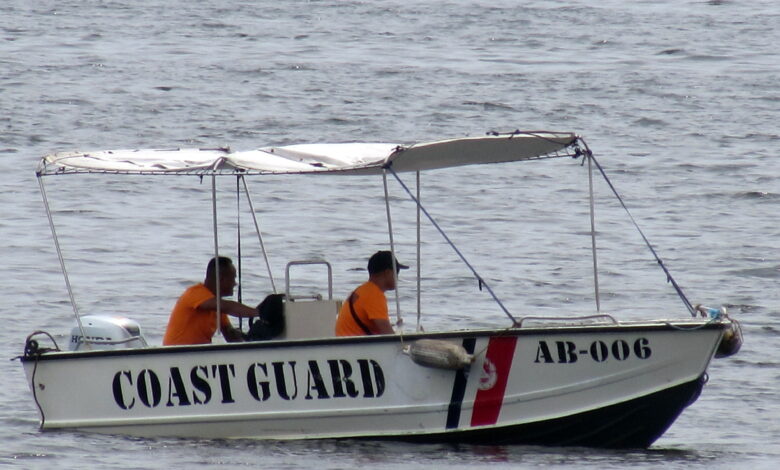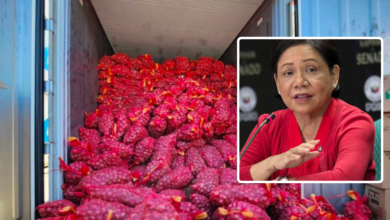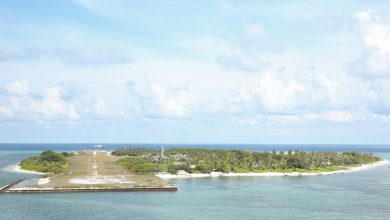
Borderless: Smuggling in the Philippines is a Coast Guard Problem
Smuggling in the Philippines is often attributed to a multitude of factors. One of the major contributors to this problem is the role that the Coast Guard plays in facilitating smuggling activities.
The Philippine Coast Guard (PCG) is intended to enforce maritime laws and prevent illicit trade. However, certain systemic weaknesses and external pressures have led to a very problematic smuggling landscape. Let’s discuss.
Corruption and Bribery
In some instances, corrupt individuals within the PCG have succumbed to the lure of monetary gain. Smugglers often exploit this vulnerability, offering bribes to Coast Guard personnel to turn a blind eye to their illegal activities. This undermines the very purpose of having a Coast Guard and tarnishes the reputation of the organization.
Limited Resources and Manpower
The Philippines’ vast coastline and numerous islands pose a significant challenge for effective Coast Guard patrolling. The lack of adequate resources includes boats, personnel, and surveillance equipment. This void hampers our ability to comprehensively monitor and intercept smuggling operations. Smugglers capitalize on these gaps, choosing routes that are less likely to be patrolled.
Inadequate Training and Technology
Today, smuggling in the Philippines has become increasingly sophisticated. Smugglers now rely on advanced communication and navigation technology. Unfortunately, the PCG’s training and equipment might not always be up to the task of countering these strategies. This mismatch in capabilities allows smugglers to outmaneuver law enforcement. The criminals are well-funded, and exploit weak points in surveillance and communication systems.
Balikatan 2023: Boosting Military Power to Counter China
Economic Pressures
PCG personnel, like other Philippine law enforcement, can face economic hardships. Low salaries and inadequate benefits might push some personnel toward unethical choices, including colluding with smugglers. Sadly, the financial allure of participating in smuggling activities can overshadow their commitment to their duties.
Collusion with Criminal Networks
Finally, smuggling often involves intricate criminal networks that span both national and international boundaries. Coast guards, due to their position and knowledge of maritime regulations, can become entangled in these networks. The dual role of enforcers and facilitators can lead to situations where coast guard members collaborate with smuggling rings for personal gain.
A Complex Road Ahead
While the Coast Guard is integral to our maritime security, it is not immune to the pressures and challenges that contribute to smuggling in the Philippines. The above-listed are the factors that pervasively enable smuggling activities. But ultimately, our smuggling problem goes beyond our geography and porous borders. Addressing this issue requires a multi-faceted approach that involves not only improving the capabilities and resources of the PCG, but also addressing systemic and societal factors. These are what truly lead to involvement in smuggling operations.
We are the Problem
At the end of the day, smuggling exists because of smugglers, and smugglers are people. What’s wrong with our people? From the PCG to other authorities, to delivery drivers getting caught with contraband. More than poverty, it seems there’s a genuine distrust in the system. As if we don’t believe it’s going to get better, so we end up adding to the problem. It’s like a rot that keeps spreading. Can we track down the source of the rot? First we must admit that it exists. Only then can we proceed to solving the problem.




